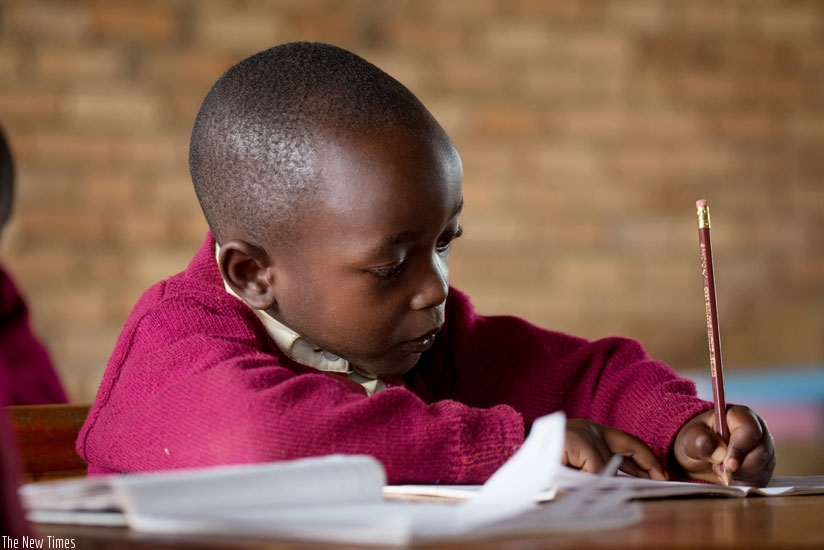The East African region’s competitiveness can only be boosted if more investments are made in infrastructure, healthcare and education, a competitiveness report has shown.


The East African region’s competitiveness can only be boosted if more investments are made in infrastructure, healthcare and education, a competitiveness report has shown.
The 2015/2016 Africa Competitiveness Report shows that East Africa is the continent’s most competitive region with Rwanda being the most competitive economy in the region followed by Kenya.
Overall, Rwanda is in third position in Africa after Mauritius and South Africa and 58th globally.
The report findings indicate that East Africa’s favourable ranking largely owes to the diversity of its economies and business efficiency.
However, the report findings indicate that a lot is desired in basic aspects such as infrastructure within and connecting the region outwards as well as healthcare and education.
Improvements in education and healthcare will serve to improve human capital and market size, the report notes.
"Although currently Africa’s fastest growing region, the EAC faces competitiveness challenges including infrastructure, human capital, technological readiness and market size. Life expectancy remains low and infant mortality high. Despite recent progress, secondary and tertiary enrolment rates remain low at 38 per cent and 4.5 per cent respectively which is lower than Ecowas and SADC,” the report reads in part.
The report also takes into consideration the disparities within EAC member states, which cause some countries to bring down the overall performance of the region.
"The greatest disparities in the EAC region are in the areas of institutions and financial markets development.
Rwanda leads in institutions, infrastructure, health and primary education and market efficiencies. Kenya leads in business sophistication, innovation and technology readiness. Overall, access to finance remains the most problematic factor for doing business in EAC,” the report states.
Caroline Galvan, the project lead in the global competitiveness and risks, told The New Times that the survey’s findings showed that Rwanda’s performance across a number of categories had driven up the region’s competitiveness.
"EAC is not only the most competitive but also the most improved across the continent largely due to some of the initiatives taken such as the Northern Corridor integration initiative. The region has learnt the importance and impact of integration,” Galvan said.
However, she noted that a cross-cutting challenge among most regions and not unique to EAC was infrastructure, institutions and basic aspects such as education and healthcare.
Issues of infrastructure and education have been cited by economists as critical in improving the region’s business attractiveness.
Allan Gichuhi, the Ernst and Young managing partner for Rwanda, said there is need for countries to start making investments in infrastructure largely for the benefit of small and medium scale entreprenuers.
"Countries need to start investing in infrastructure. Investments in infrastructure can overcome a significant amount of challenges,” he said.
Gichuhi added that the gap in education can be bridged by leveraging on digital technologies as well as focusing on tertiary education for specific skills.
He commended the diversity of economies in the region saying that it would improve the region’s competitiveness and resilience in the face of economic slowdowns in the future.
**********************
The Africa competitiveness report is a biennial survey result that has been running since 1998. The report highlights areas that require policy action and investment to improve the continents sustained growth.
The latest version was launched on the sidelines of the World Economic Forum of Africa.
It is the result of a long standing collaboration of institutions leveraging expertise of the African development Bank, organization for economic cooperation and development, (OECD), the World Bank Group and the World Economic Forum.


